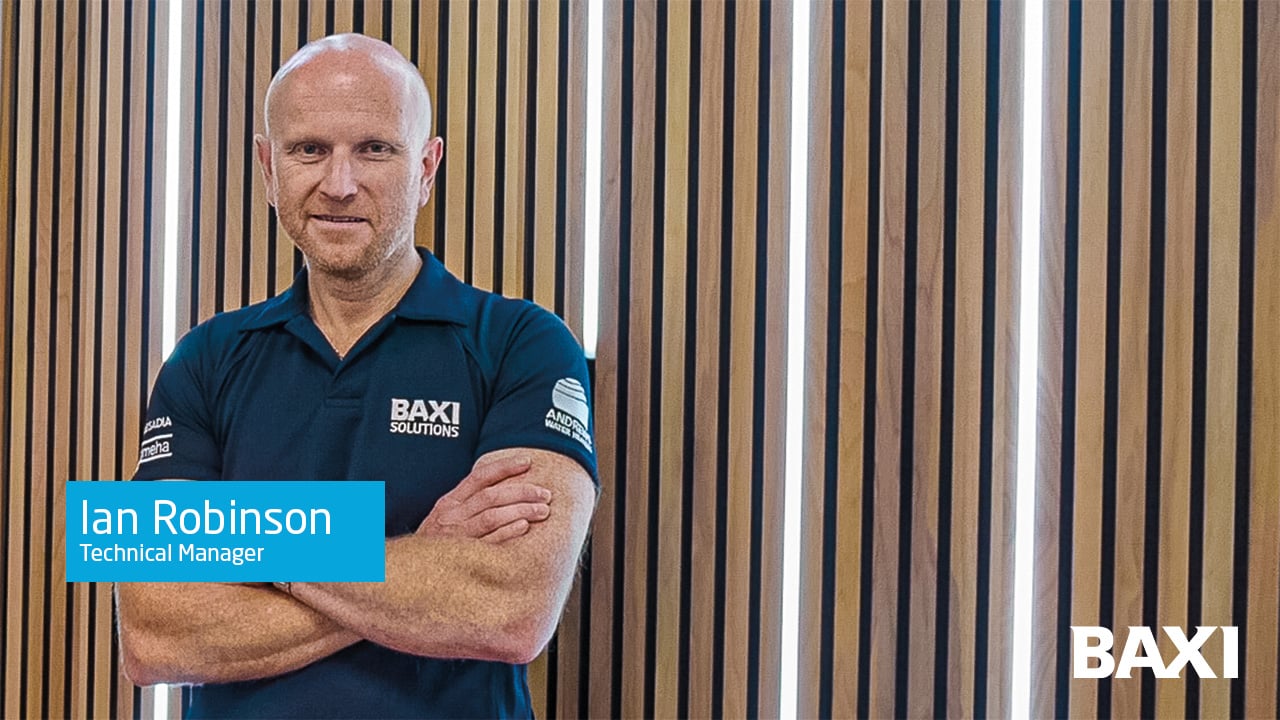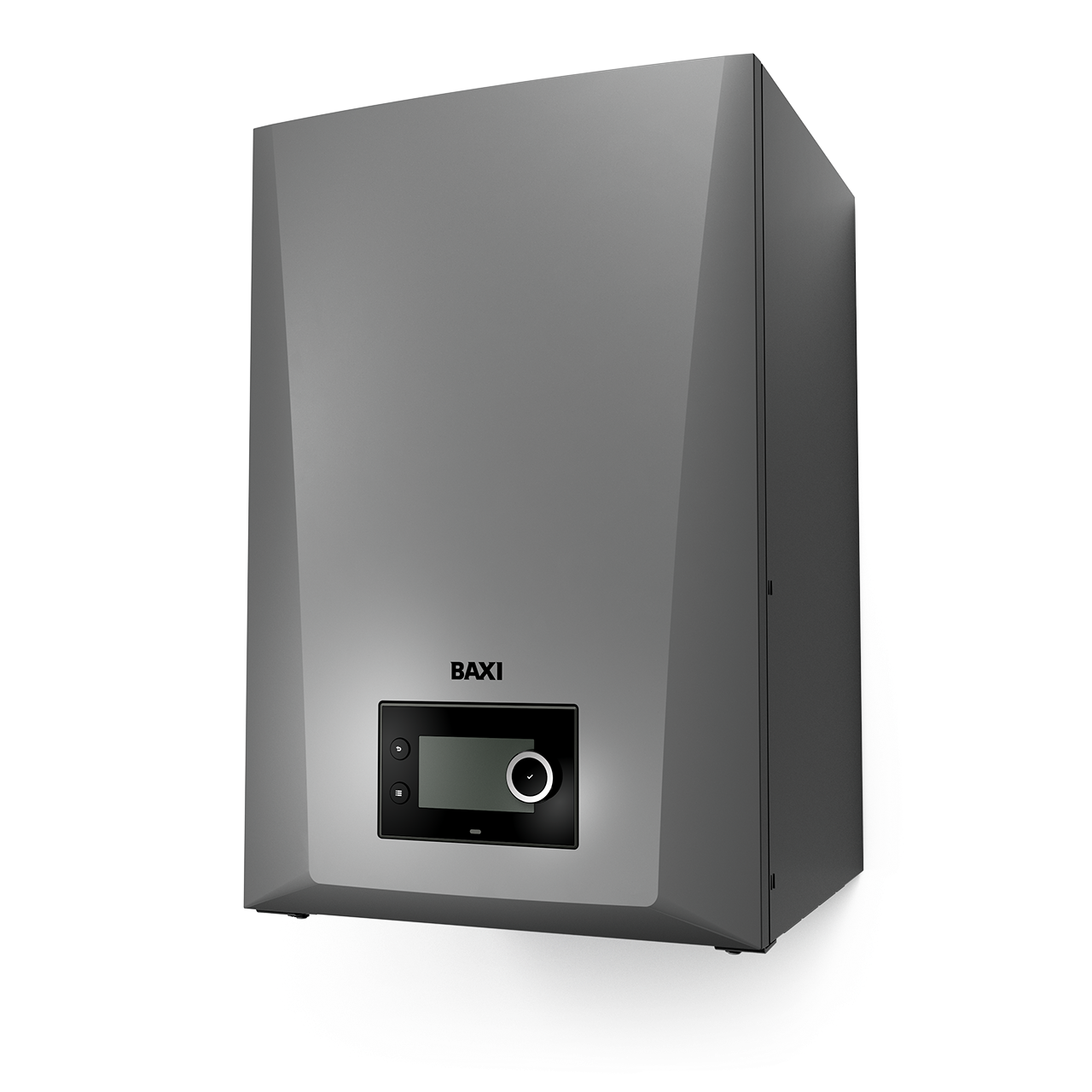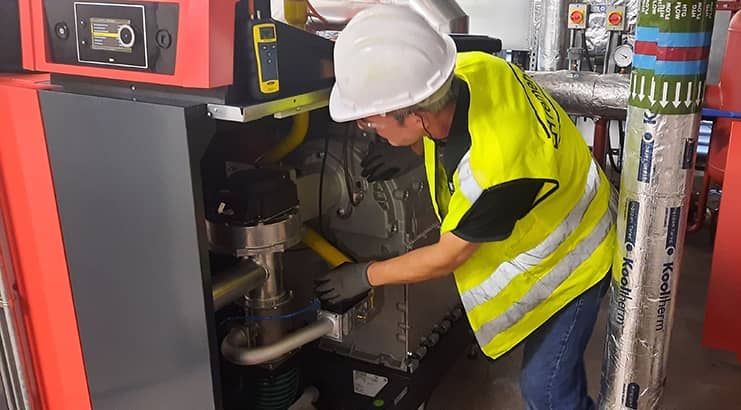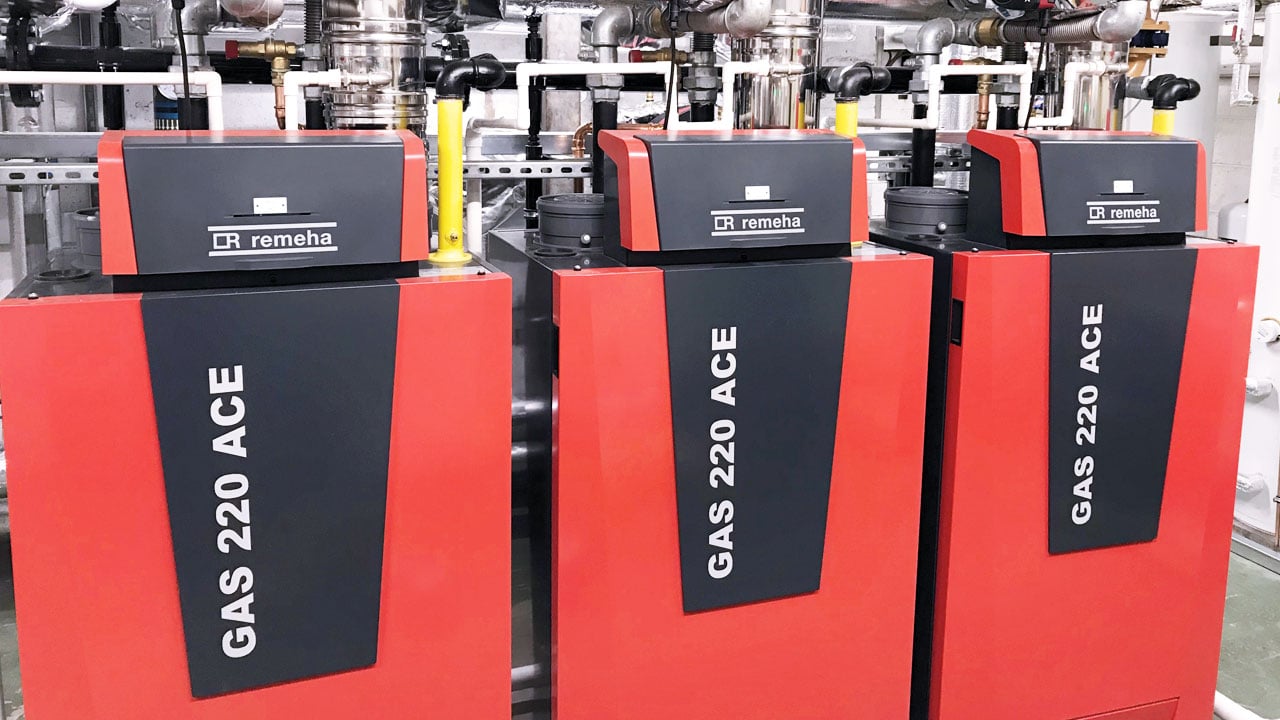
Let’s Talk Heat Network Solutions - Ian Robinson
Ian Robinson, Baxi’s technical manager for heat network solutions discusses why there is a need for regulatory technical requirements relating to heat networks and how Baxi can help.
Ian Robinson, Baxi’s technical manager for heat network solutions, is involved in several industry bodies and initiatives relating to heat networks.
Ian sits on the British Standards drafting panel for BS8635. The panel has just published Part One, the product standard for Heat Interface Units (HIUs), and is about to embark on Part Two, which will focus on the installation of HIUs.
Ian has been the electronic HIU manufacturer’s representative on the BESA technical committee since 2018. The new BESA test standard for HIUs was published in 2023.
He is vice chairman of MEHNA, the Manufacturers of Equipment for Heat Networks Association.
Ian has been a member of the Heat Network Technical Assurance Scheme (HNTAS) working group 5 which is focused on the consumer connection to heat networks.
He has also written a design guide for The Hot Water Association on stored hot water in heat networks.
Why the need for regulatory technical requirements relating to heat networks?
Many heat networks in the UK are performing sub optimally, hence the need for a heat network technical assurance scheme. HNTAS sets out to ensure that new and legacy heat networks meet a minimum level of performance and reliability. By using a series of KPIs to set goals, the scheme aims to set and maintain an optimum level of performance throughout the life of the network, resulting in improved reliability and quality of heat at the lowest price.
Additionally, there is a need to bring the performance of some of the existing heat networks in line with these higher standards. For those networks that are underperforming, resulting in poor outcomes for customers and operators, government funding to support improvements is available through the Heat Network Efficiency Scheme.
What is the heat network zoning programme?
A methodology is being developed to designate geographical areas as heat network zones. This is where heat networks are expected to offer the lowest-cost solution for delivering low-carbon heat. To identify zones where heat networks are most viable, the methodology will seek out geographical areas with high heat density demands.
In addition to the consumer side of the network, zoning will also identify cheap and sustainable energy supplies. This ultimately could lead to greenbelt developments in areas where there is an abundant supply of cheap energy.
The expected roll out of heat network zoning is to set to fundamentally transform the development of heat networks in towns and cities across England. Most buildings within a designated heat network zone will have to connect to the district heating scheme once it is up and running. This will mean that a block of flats that is currently heated through a communal heat network will become part of the district network. It is essential, therefore, to ensure that existing communal heat networks are up to standard before connecting to a new district heat network.
How can Baxi help?
Baxi is committed to supporting the decarbonisation of heat through heat networks. By leveraging its extensive experience, industry involvement and professional approach, Baxi aims to play a key role in improving heat network performance and meeting future energy targets in the UK.
Professional expertise: Baxi and its parent company BDR Thermea, which includes leading HIU and substation manufacturer Fortes Energy Systems, bring professional expertise to heat networks. While historically better known for its boilers and Megaflo cylinders, Baxi has been selling HIUs and substations in the UK for over 20 years, so is not new to this sector.
Product design and development: Baxi uses its experience and expertise in product design and development to produce high-performing heat network equipment, aiming to reduce costs through improved efficiency. One example is the new Baxi AquaHeat HIUs, which successfully passed BESA’s new HIU test standard with flying colours.
Technical design support: Baxi’s applications design team provides extensive technical support and encourages early collaboration and involvement in projects to ensure optimal system performance.
Prefabrication: Baxi designs and builds energy plant rooms and utility cupboards through its specialist prefabrication division, Baxi Packaged Solutions.
Reliable and dependable: Baxi has been around for over 150 years, so customers can be sure of continued support throughout and dependable access to spare parts, addressing common challenges faced by housing associations and other clients, when smaller suppliers exit the market.
Service network: Baxi also has an extended network of experienced service engineers which makes it well-equipped to handle the anticipated increase in heat network connections. This aligns with government ambition to target 20% of UK heat from heat networks by 2050.
Let's Talk Heat Network Solutions
Tony Falconar, National Sales Manager at Baxi Packaged Solutions (BPS), discusses how we design and manufacture prefabricated heating systems.
Integrated Solutions
Our portfolio includes some of the best-known and most-respected brands in the industry.




